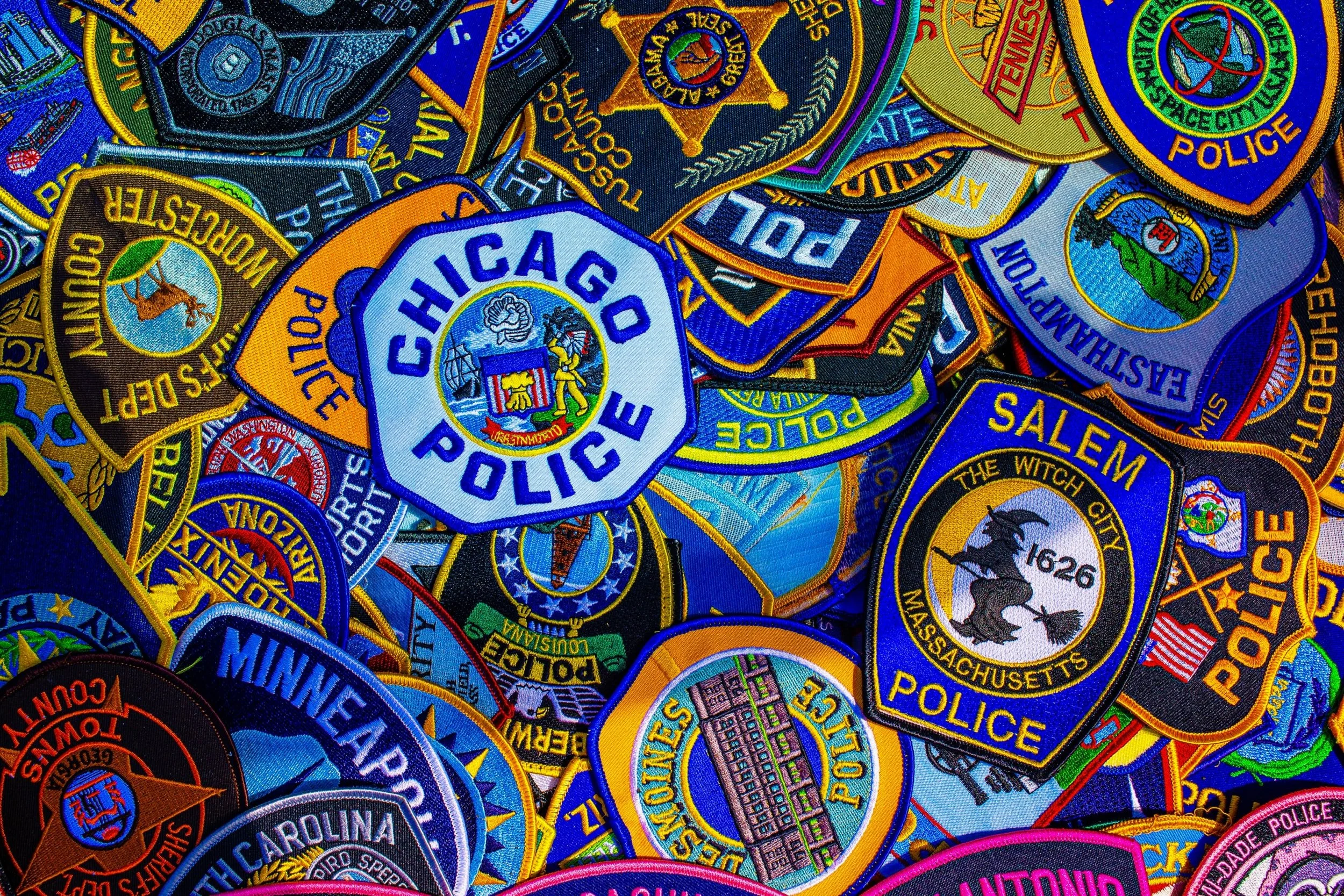Research
My research engages questions about criminal legal accountability by examining the investigation and prosecution of police officers accused of criminal misconduct.

My dissertation, The Rarity of Police Prosecution: Prosecutors, the Law, and Police Misconduct, explores prosecutorial decision-making in context of the investigation and prosecution of police officers. While the public increasingly demands prosecution of police officers following allegations of misconduct, indictments and convictions rarely occur.
My research explains the rarity of police prosecution through an analysis of the law and the experiences, perspectives, and broader organizational contexts faced by prosecutors responsible for handling these cases. I show that the likelihood of indictment and prosecution even for clear cases of police misconduct remains a rare occurrence as the result of deferential and ostensibly settled law, the social architecture of intra-office contexts, and tempered political positionings.
Access Articles stemming from my research agenda below.
Drawing on in-depth interviews in 5 field sites across the nation, I consider how prosecutors and other legal professionals working in the domain of police suspect investigations manage and make sense of their positioning as legal practitioners, elected politicians, and employees working in complex hierarchical organizations.
“How Grand Jury Secrecy and Bias Protects and Perpetuates Police Impunity.”
Oregon Law Review, Volume 103, Issue 1.
The first step in criminal adjudication is through criminal indictment, or formally charging an officer with a crime. Indictment, hypothetically speaking, seems promising as American prosecutors have expansive and “virtually unreviewable” discretionary power, making them the most powerful actors in the criminal legal system.
However, police-suspect charging declinations stand in stark contrast with the popular idea that a grand jury would indict a ham sandwich if asked to do so. This is because relative to the tens of thousands of civilian complaints received annually, and despite the presence of incriminating evidence, police officers are seldom indicted, much less convicted, for violent crimes.
What explains the dearth in police-suspect indictment?
This Article demonstrates that the operation of legal rules within the grand jury context clarifies the discrepancy between civilian complaints, incriminating evidence, and police-suspect indictments. In this Article, I present three features that explain the rarity of police-suspect indictment. First, grand juries are secret legal proceedings. Second, I find that the grand jury selection process is cursory in comparison with petit juries, particularly when accounting for ideological opinions among jurors. Third, prosecutors not only confront grand jurors focusing on the characteristics of the victims of police violence, rather than police-suspects, and exhibiting the tendency to victim blame in order to justify an officer’s use of force, but they also encounter grand jurors who defer to police officer decision-making.
“The Paradox of Federal Oversight in Police Misconduct Investigations.”
Forthcoming in Denver Law Review, Volume 103, Issue 1.
This Article examines the relationship between state prosecutors, federal prosecutors, and the Civil Rights Division inside the United States Department of Justice responsible for conducting police misconduct investigations and prosecutions. Previous literature documents prosecutors’ enormous concentration of power, yet they remain an understudied population in the criminal legal system, particularly as they investigate and prosecute police officers accused of crimes. To remedy this gap, this Article is one of the first to offer insights from some of the most select employees around the United States because these specific occupations are just that – uncommon, atypical, and exceptional in context of the potential universe of “line” or assistant prosecutors around the country.
The interview data demonstrates that police misconduct prosecutors do possess idiosyncratic and specialized skill sets. However, I find that mounting public pressure for police accountability coincides with limited prosecutorial expertise and proficiency in successfully prosecuting police misconduct around the United States. Police suspect prosecutors are not present in every jurisdiction or legal community. Such a sociolegal environment may encourage the sharing of ideas, resources, and knowledge between prosecutors that have unique insights regarding what constitutes persuasive evidentiary strategies helpful for securing indictments and convictions.
Yet, I expose a novel paradox: experienced prosecutors may reject exogenous support because they understand it as disruptive and oppressive surveillance by outsiders. Results demonstrate that growing demands for police accountability confront established occupational scaffolds and federal collaboration threatens longstanding notions of occupational autonomy, prosecutorial esteem, and risks oversight by outsiders. The Article concludes with important theoretical and practical implications for the prospect of future accountability as well as structural recommendations for facilitating criminal legal accountability for police misconduct in the future.
My larger research agenda builds upon my time living, learning, and practicing within the St. Louis legal community in the wake of Michael Brown’s death.
One of my papers, “Youth at the Center: A Timeline Approach to the Challenges Facing Black Children,” published in the Saint Louis University Law Journal, advances a novel typology entitled a “timeline approach to incarceration” which indicates the notable and unequal increases in the likelihood that Black Americans will come into contact with the criminal legal system virtually at all points throughout their lives. The timeline approach demonstrates that micro-choices at a macro-level discredit any assertion of a post-racial America and call into question foundational tenets of American jurisprudence.
I also engage in applied policy scholarship.
Under the auspices of the Chicago Lawyers’ Committee for Civil Rights Under Law and in the wake of Officer Jason Van Dyke’s killing of Laquan McDonald, I submitted a comparative analysis of United States Federal Judicial Consent Decrees to the Illinois Attorney General.
This report included an examination of four consent decrees from around the nation to offer guidance regarding the specific provisions that should be included in accountability processes in Chicago.



